5 Overlooked Classic Books You Need to Read Today

In the vast landscape of literature, a few books are so well-loved, so burned into our collective cultural memory, that every reader seems to know their names. But for every Frankenstein or 1984, countless hidden gems—forgotten works and underappreciated classics—deserve just as much affection. But somehow they have slipped between the pages of time.
These stories still speak to today’s world in ways you might not expect. Whether it’s a psychological ghost story that leaves us questioning reality or a mathematical odyssey through dimensions, these timeless works remain deeply relevant and might just connect with you decades after their publication.
Don't miss out on these overlooked classic reads that deserve a place on your bookshelf.
1. The Turn of the Screw by Henry James (1898)
Genre: Gothic Horror, Psychological Thriller
Summary: In this haunting and mysterious Victorian novella, a young governess is hired to care for two children at a remote country mansion. But as eerie apparitions appear and inexplicable events unfold, we’re left wondering: Is the house haunted by sinister spirits, or is the governess slowly unraveling into madness? With its unreliable narrator and ambiguous narrative, James masterfully leaves readers uneasy and unsure of what to believe.
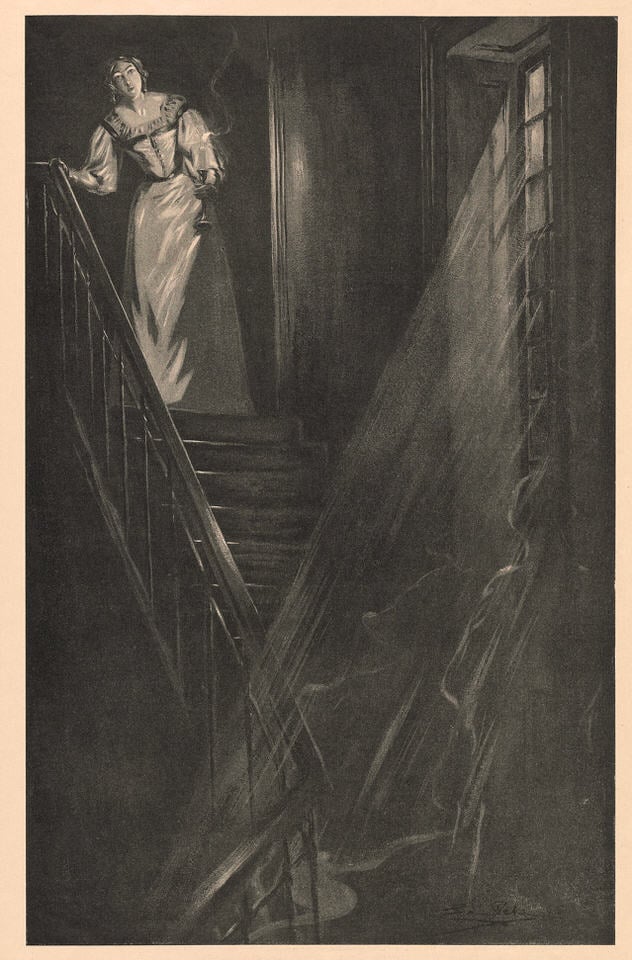
Why It’s Relevant Today: In an age when we're constantly bombarded by psychological thrillers in books, movies, and series (*hello, "The Haunting of Hill House"), it's astounding to remember that James pioneered this chilling subgenre. Themes of sanity, repression, and fear of the unknown resonate just as strongly today. If you love modern horror that keeps you unnervingly on edge, this classic still delivers its spooky punch.
Plus, let’s face it: nothing’s scarier than trying to figure out whether the horror is real or just in your head.
2. Flatland: A Romance of Many Dimensions by Edwin A. Abbott (1884)
Genre: Science Fiction, Social Satire
Summary: Ever wish you could hop into another dimension and see the world differently? That's precisely what Abbott's A Square does. Living in the flat, two-dimensional world of Flatland, the mathematically-inclined protagonist has his entire perception turned upside down (or outside-in?) when he encounters the inhabitants of three-dimensional Spaceland and even speculative “higher dimensions.” Through geometry and logic, Flatland challenges assumptions about space, reality, and perception.
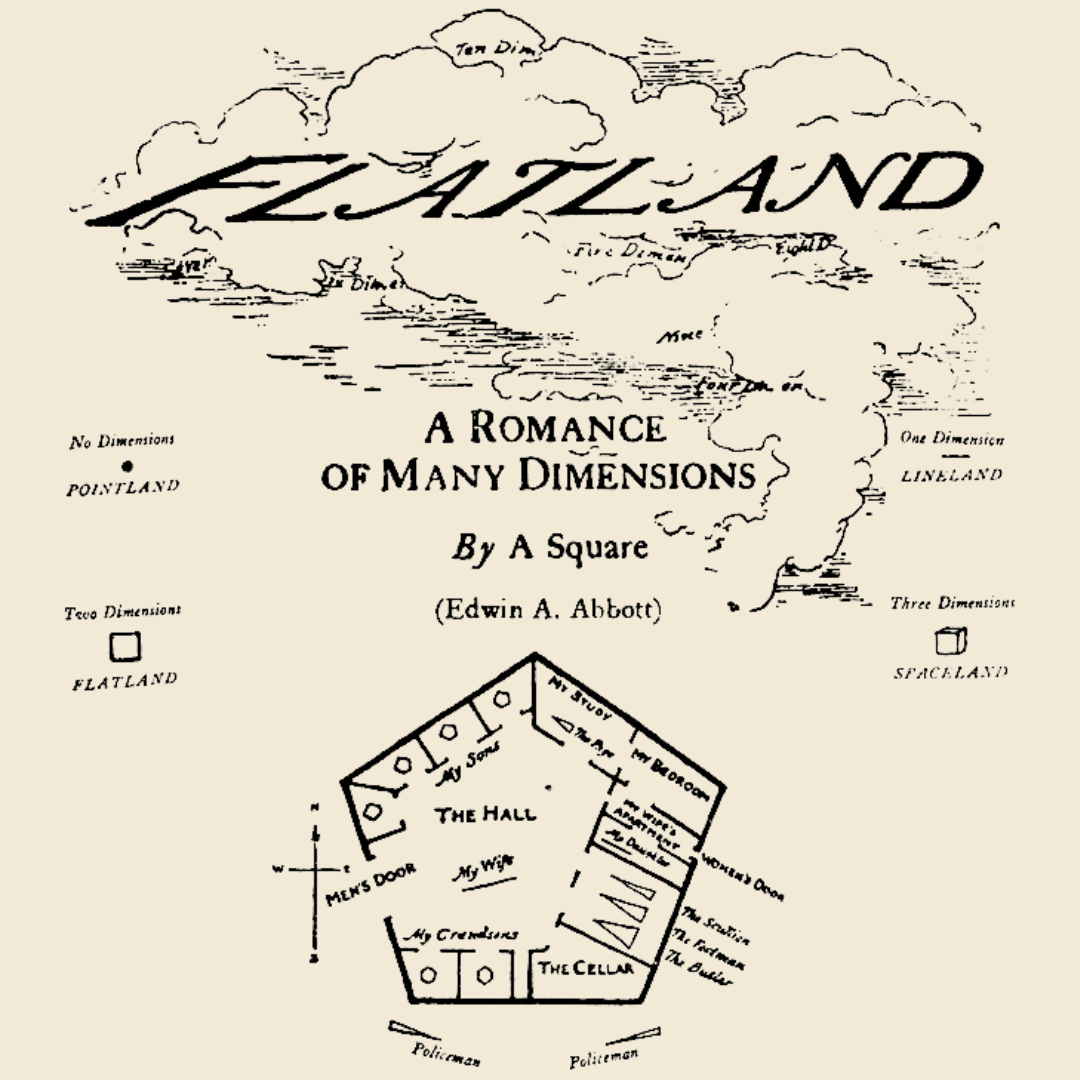
Why It’s Relevant Today: At first glance, this might seem like a peculiar and perhaps overly scholastic read. But in fact, Flatland has taken on cult status for mathematicians, science fiction fans, and philosophers alike. The novel explores closed-mindedness and the limitations of perspective—relatable social commentary even in today’s world of echo chambers and rigid thinking. For readers who enjoy messing with concepts like multiverses (Marvel fans, anyone?), this mind-bending classic is deeply prescient.
And hey, geometry has never been this much fun.
3. The Man Who Was Thursday by G. K. Chesterton (1908)
Genre: Crime, Mystery, Philosophical Thriller
Summary: At first, the plot feels grounded in the world of espionage thrillers—Gabriel Syme, a mild-mannered poet, infiltrates an anarchist organization with plans for destruction. But what begins as a seemingly straightforward detective tale takes a sharp, surreal turn into the realm of philosophical absurdity. As Syme hunts down the enigmatic anarchist leader—Thursday—he begins to question the nature of chaos, order, and even identity itself.
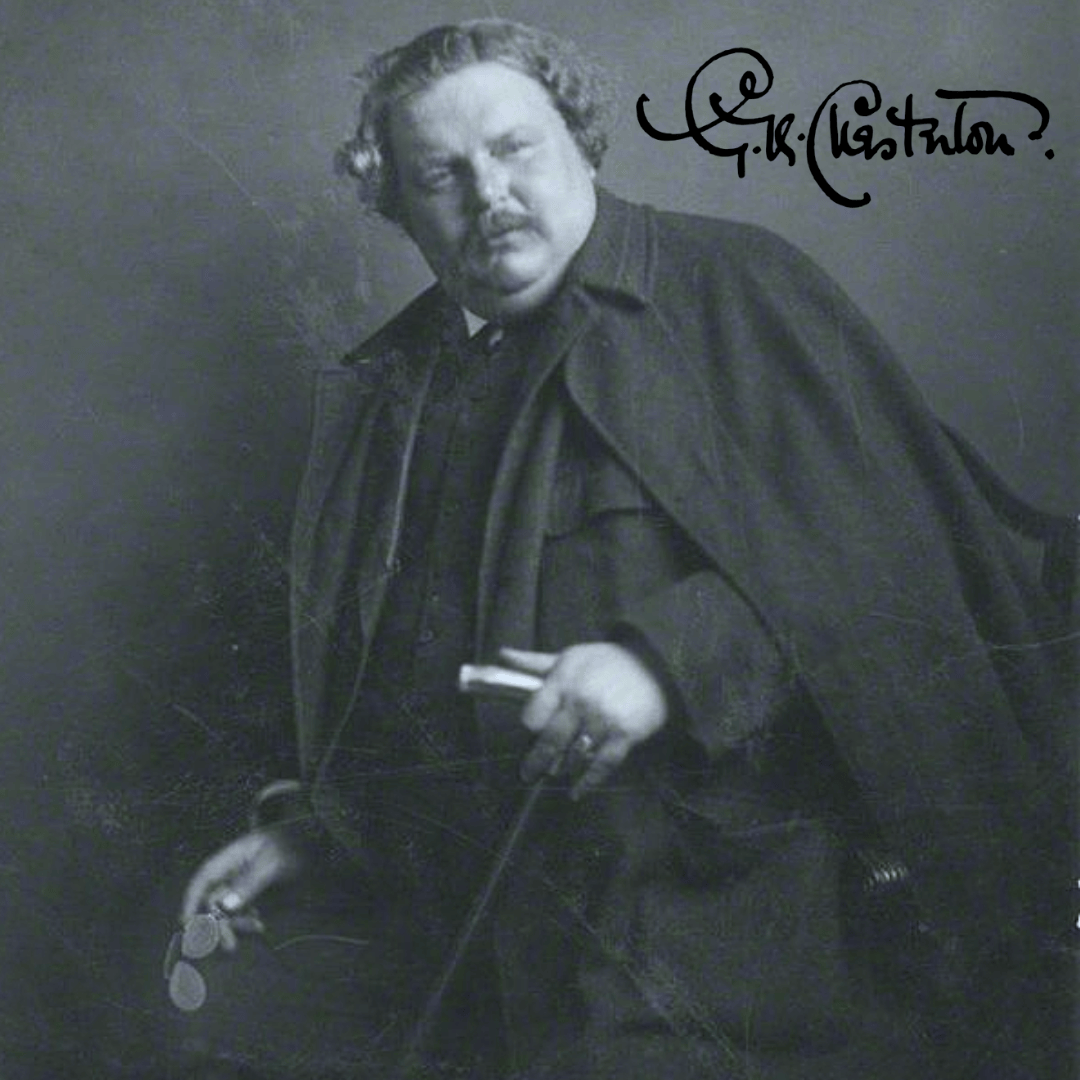
Why It’s Relevant Today: This novel transcends typical police procedural or crime thrillers—it’s a rollercoaster of philosophical debate disguised as a quirky detective story. In a modern world grappling with existential questions of governmental control, the role of the individual, and whether we truly understand the systems we operate in (looking at you, 2023), Chesterton’s clever wit and underlying societal critique make this book feel surprisingly modern.
It’s a masterclass in combining whimsy with drama—and keeps you guessing right up to its bewildering conclusion. You’ll be chewing on this one long after reading the last page.
4. The Moonstone by Wilkie Collins (1868)
Genre: Detective Fiction, Mystery
Summary: Often regarded as the first modern detective novel, The Moonstone tells the story of the theft of a precious and cursed Indian diamond. When the valuable jewel disappears from the English country estate where it’s being kept, suspicion falls on a variety of characters, and secrets come to light. The story is told through multiple narrators, with each offering their recollection of events, which all combine to create a riveting whodunit.
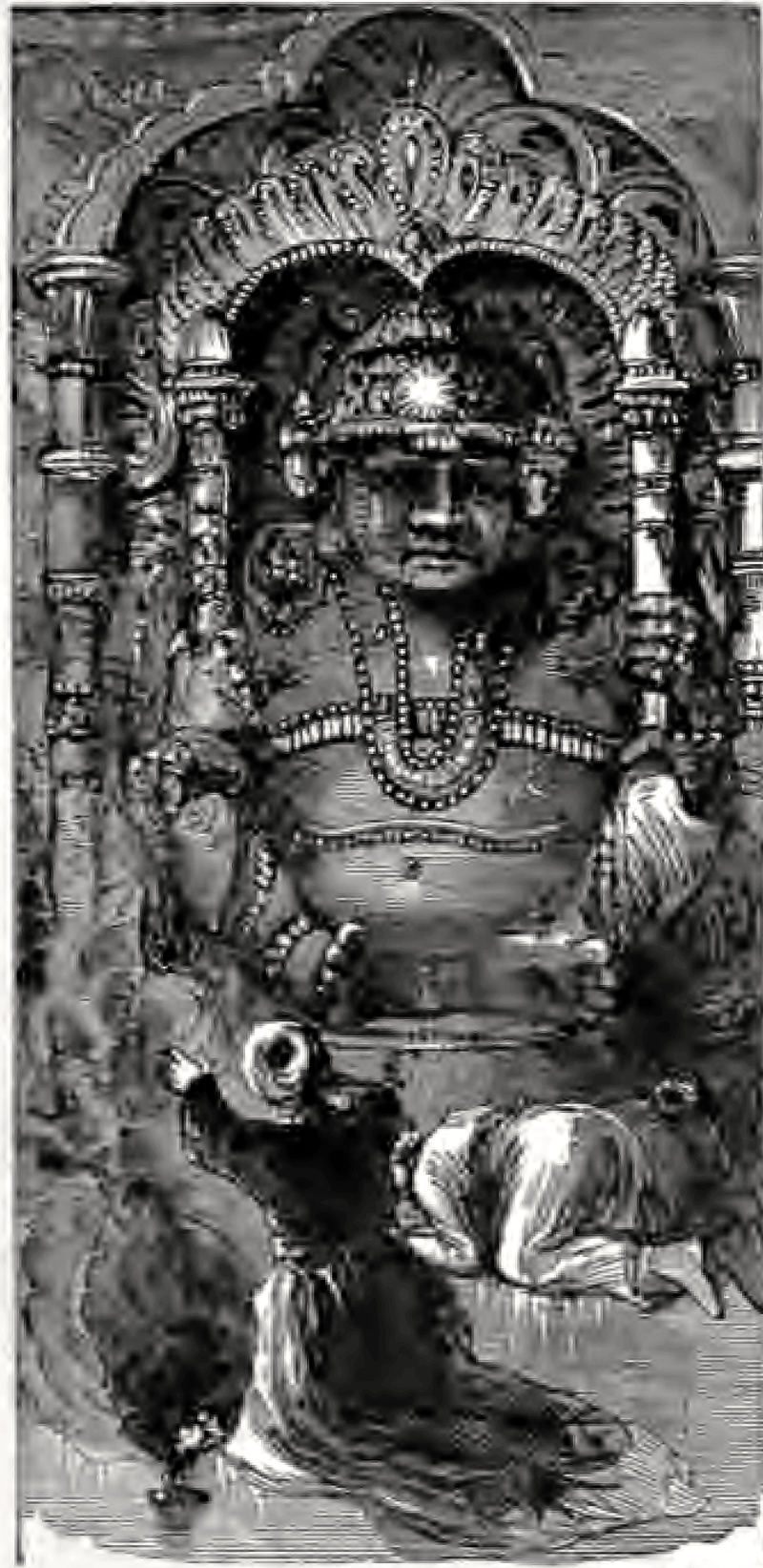
Why It’s Relevant Today: If you’re a fan of Sherlock Holmes, Agatha Christie, or modern detective series like Knives Out, you owe The Moonstone credit. This book set the stage for the entire crime genre with its combination of suspense, plot twists, and ingenious investigation techniques. Collins also innovates with his multifaceted narrative structure—something that contemporary readers, raised on the shifting perspectives of today’s novels and films, will feel at home with.
Despite being over 150 years old, The Moonstone plays with timeless human fascination: greed, guilt, and the slippery nature of truth.
5. A Voyage to Arcturus by David Lindsay (1920)
Genre: Science Fiction, Fantasy, Philosophical Adventure
Summary: A Voyage to Arcturus introduces us to Maskull, a man who embarks on an otherworldly journey to the distant planet of Tormance. As he moves across the surreal landscapes, encountering strange beings and realities, he’s forced to confront the grand questions of life, purpose, and identity. It’s part philosophical allegory, part cosmic adventure, and (most likely) unlike anything you’ve read before.
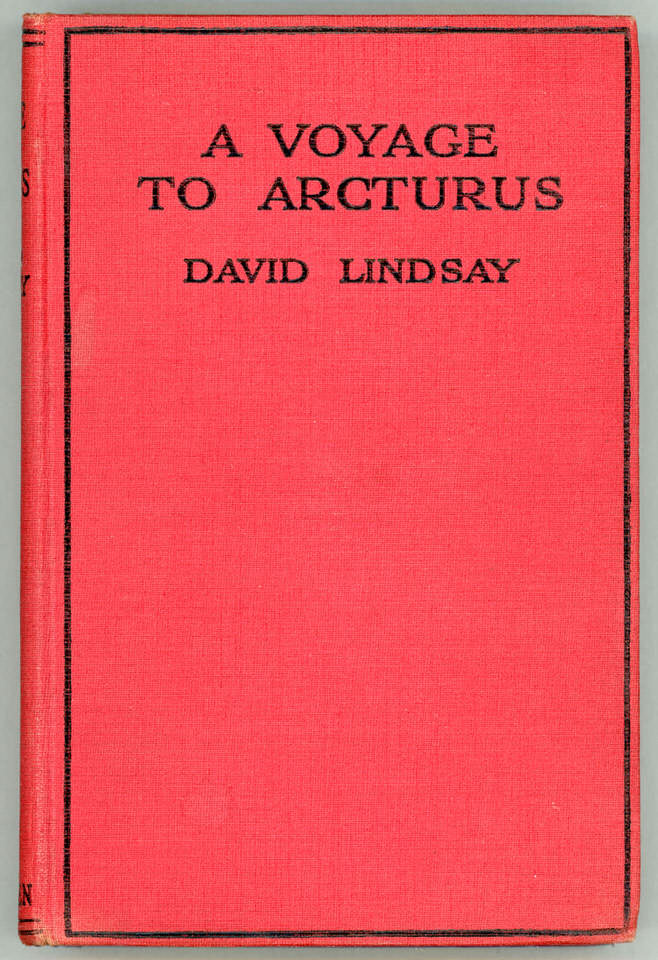
Why It’s Relevant Today: For lovers of deep, existential science fiction—think Stanisław Lem’s Solaris or even parts of Dune—Lindsay’s surreal novel blends mysticism with the search for truth and purpose. Though not often mentioned alongside the big names in sci-fi, A Voyage to Arcturus grappled with big ideas long before it became fashionable.
Readers today, accustomed to challenging science fiction that probes into the unknown (and sometimes unknowable), will relish this journey through alien landscapes and shifting realities. Plus, it's been whispered that this book laid some of the groundwork for C.S. Lewis’s explorations in interplanetary fiction.
Timeless Tales for Today’s Readers
So there you have it-- five classics you might not have heard of but should add to your ever-growing TBR pile. Each of these tales offers richly woven narratives with themes that, though written long, long ago, continue to speak to modern concerns—and they do it with a flair that's both literary and unexpectedly enjoyable.
Seek out these gems and prepare to explore timeless worlds filled with mystery, philosophy, and high-stakes adventure.
Enjoyed this dive into forgotten classics? Sign up for the Everquill Press newsletter for updates and more about the world of lost literary treasures!
Thank you for subscribing!
Have a great day!